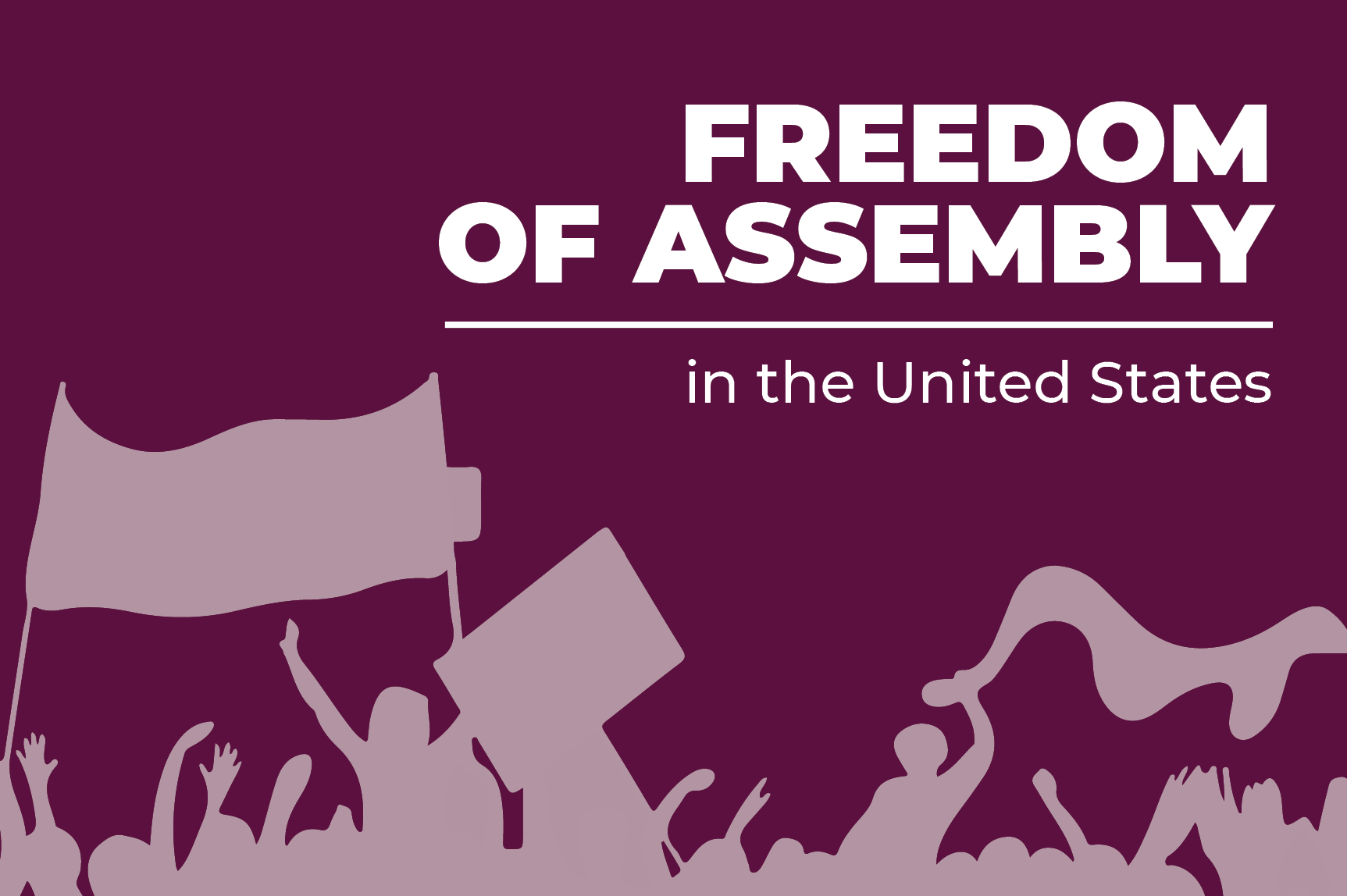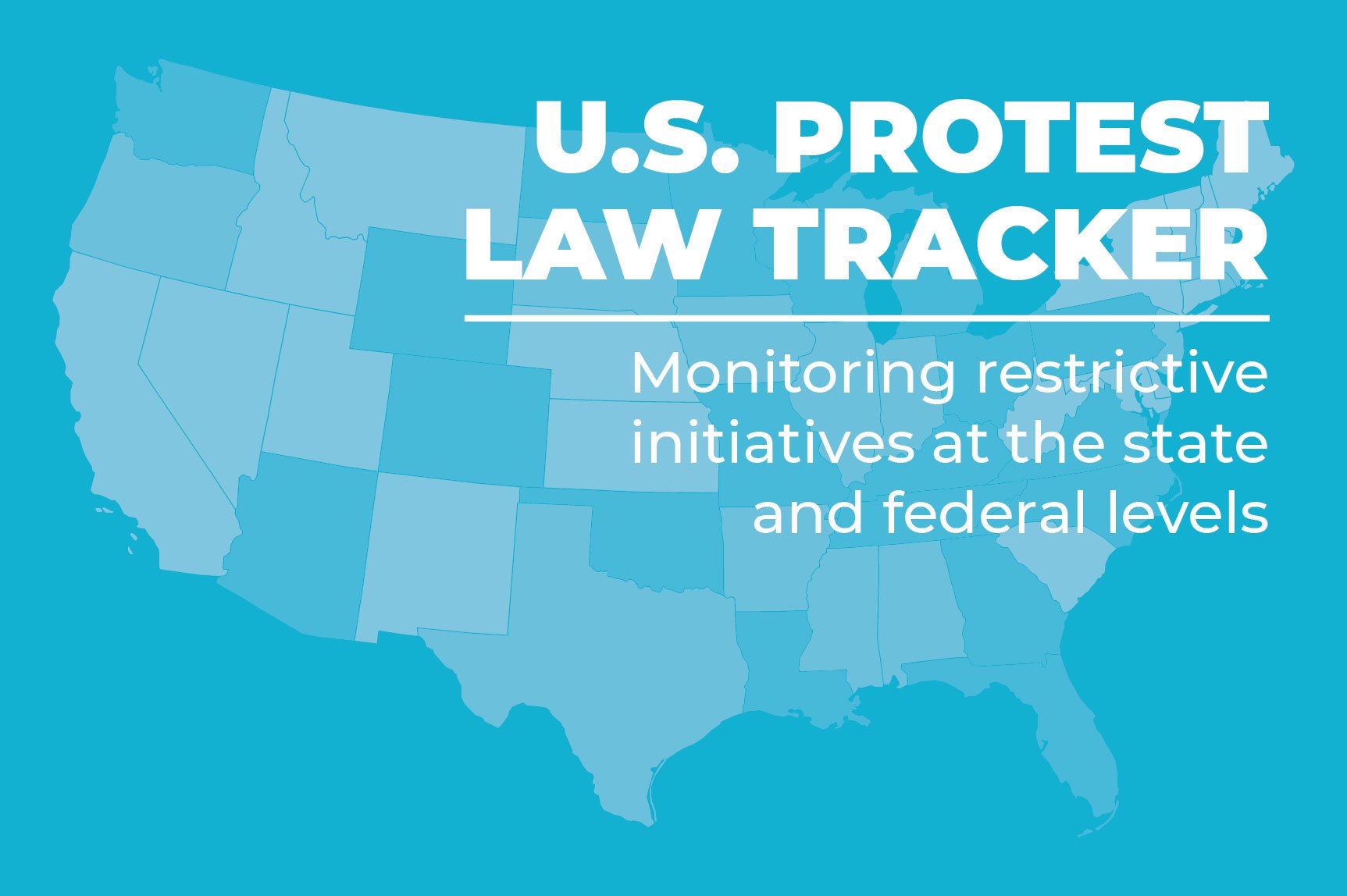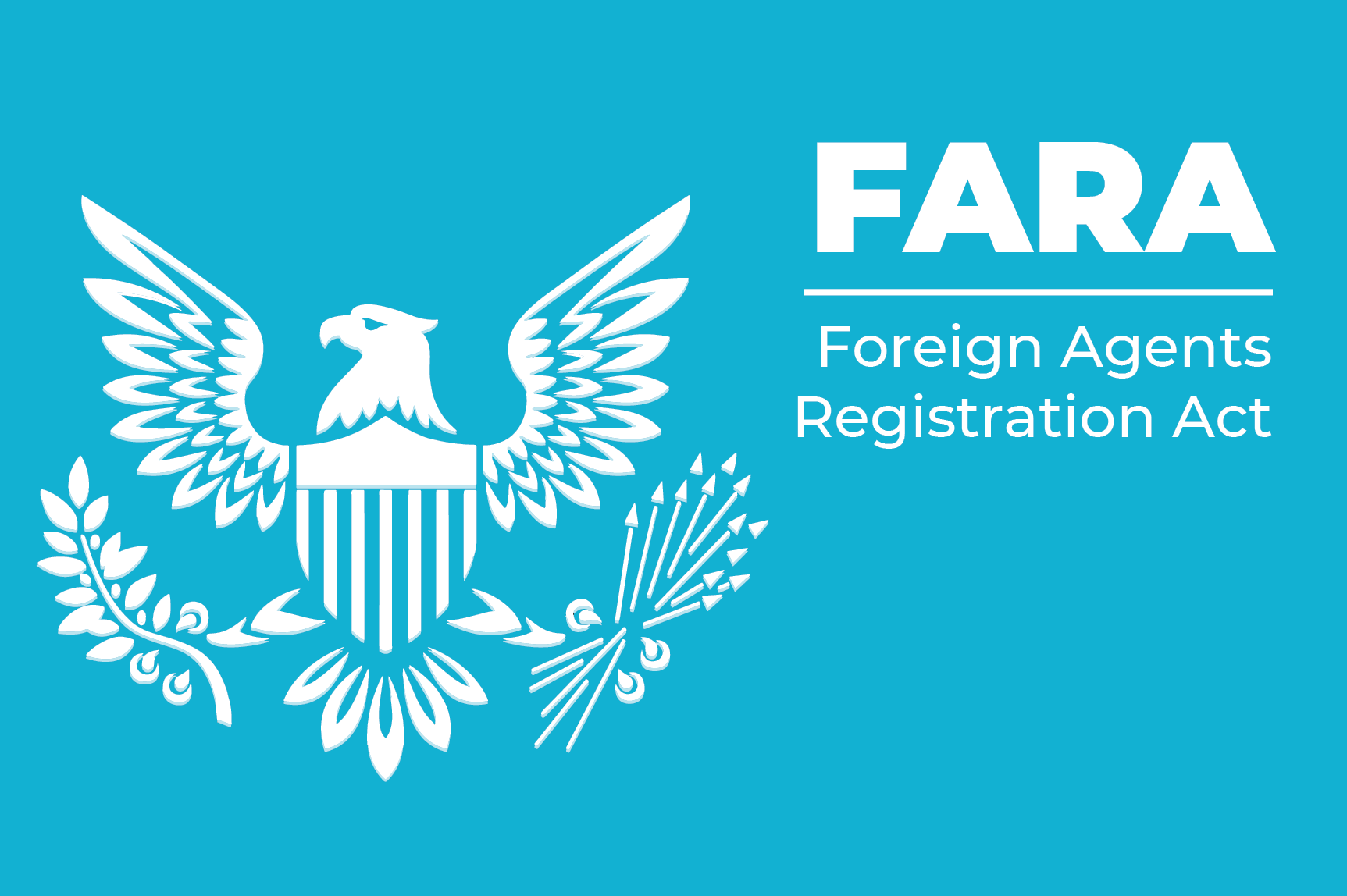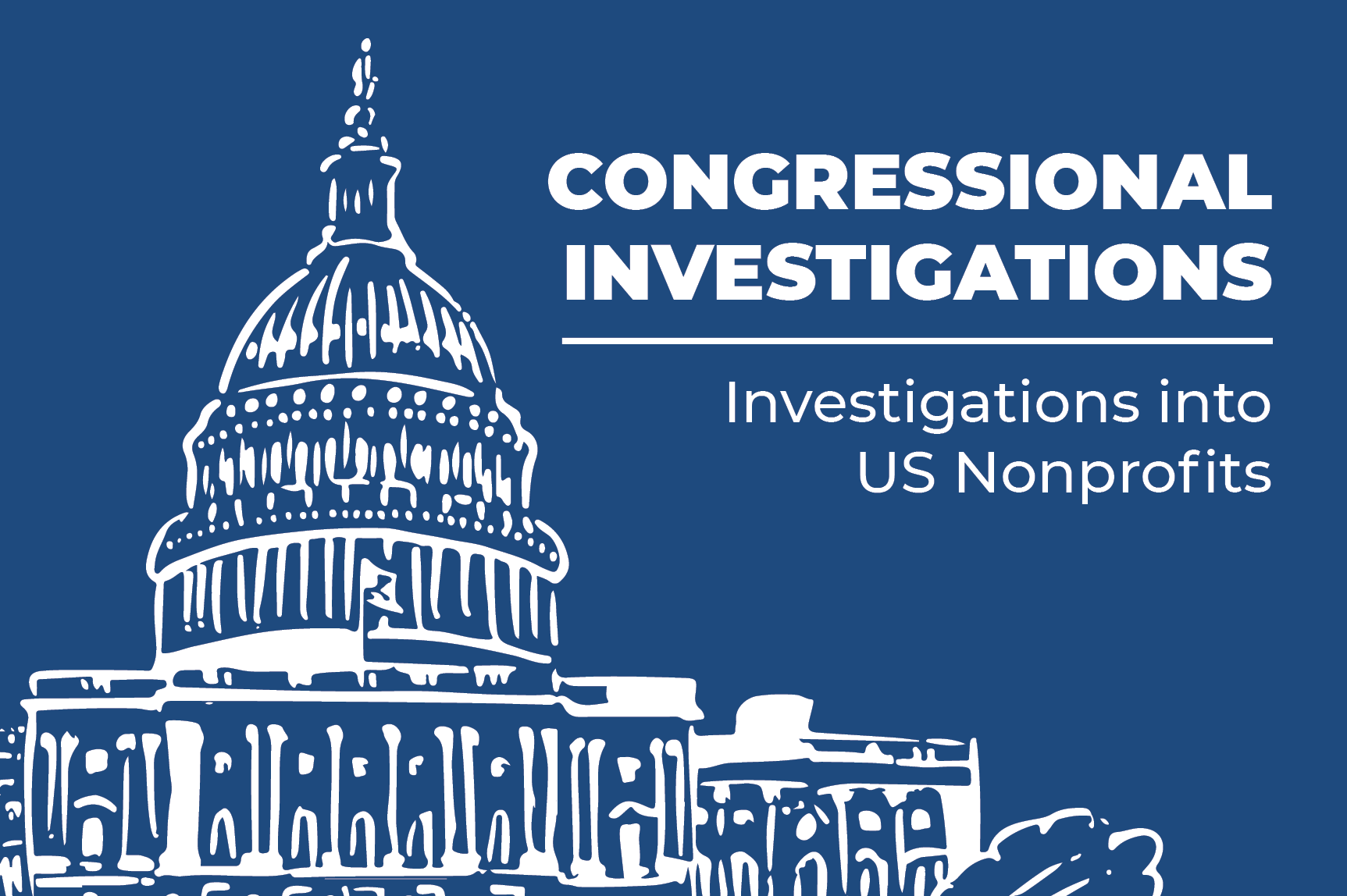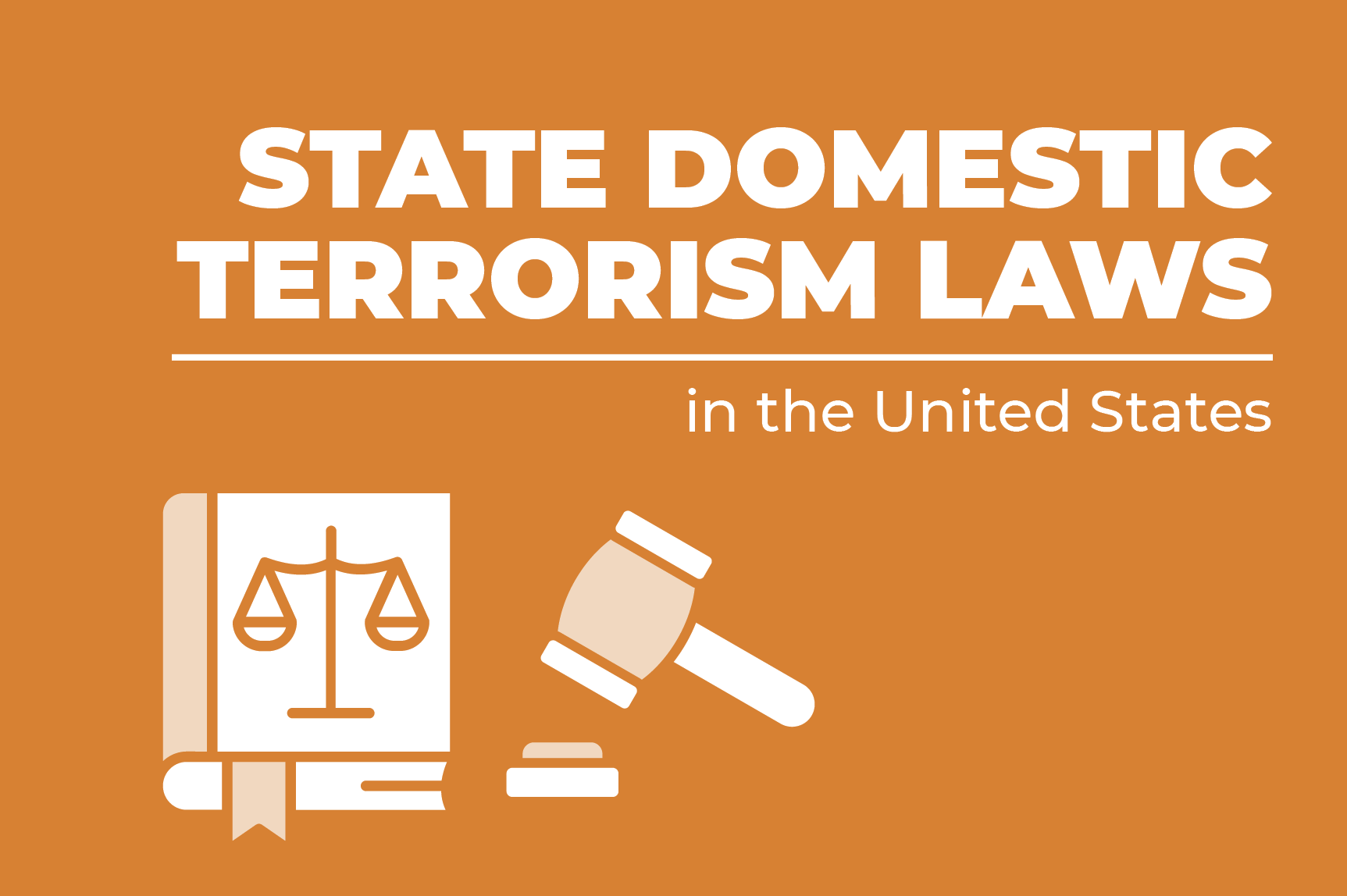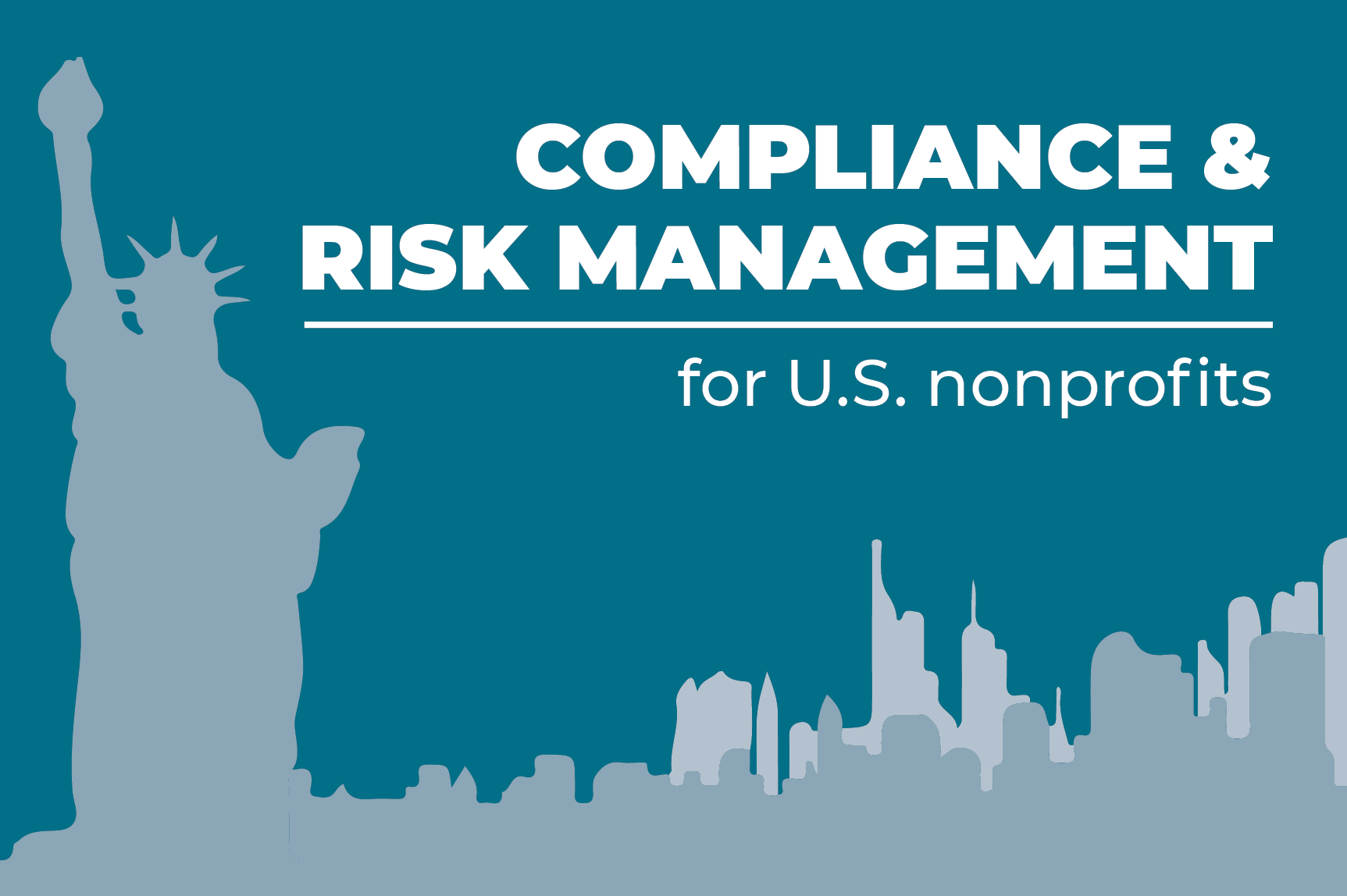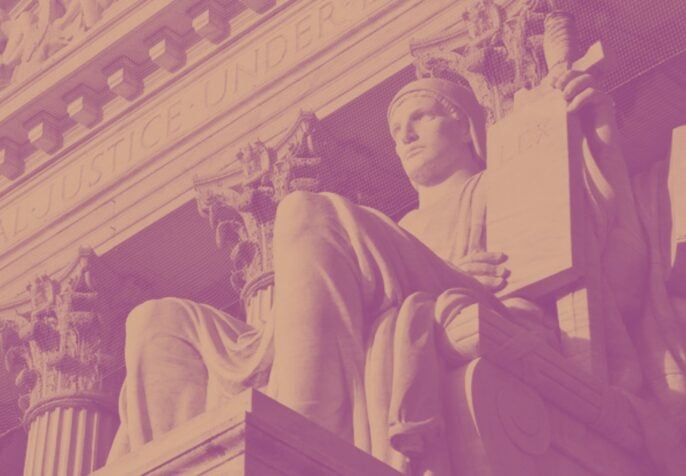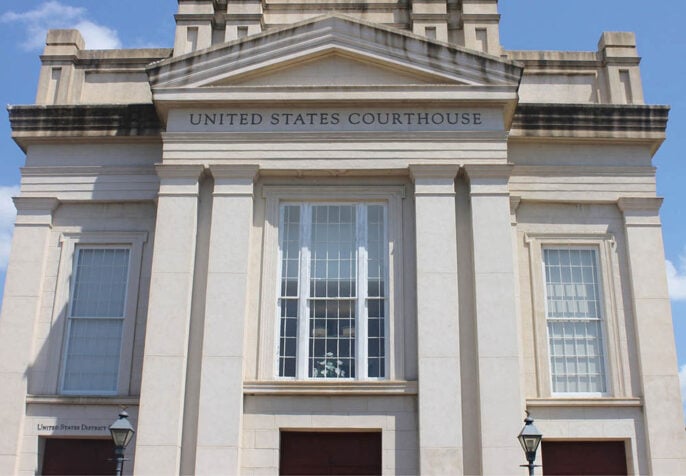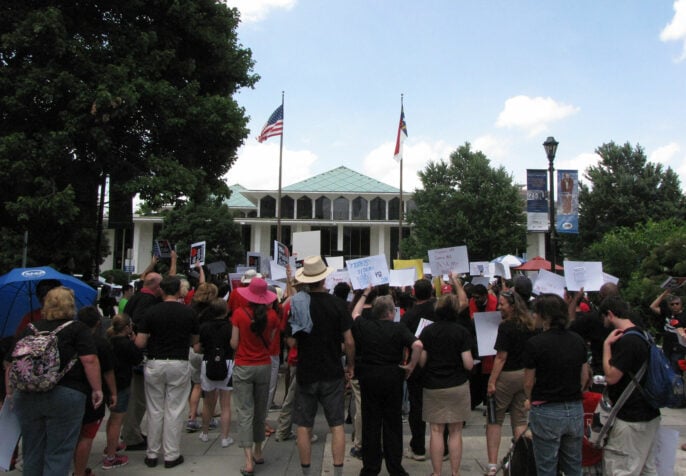United States Program
ICNL seeks to create a legal environment that protects and strengthens civil society in the United States. We promote the freedoms of association, assembly, and expression by analyzing trends in civic space, tracking state and federal laws affecting protest, and providing nonprofit organizations with information about legal compliance and risk management. The U.S. program also aims to reduce the negative impact on civil society of “foreign agent” legislation and counter-terrorism measures.
Be sure to browse our U.S. Protest Law Tracker, Current Trends, and Highlights.
Highlights
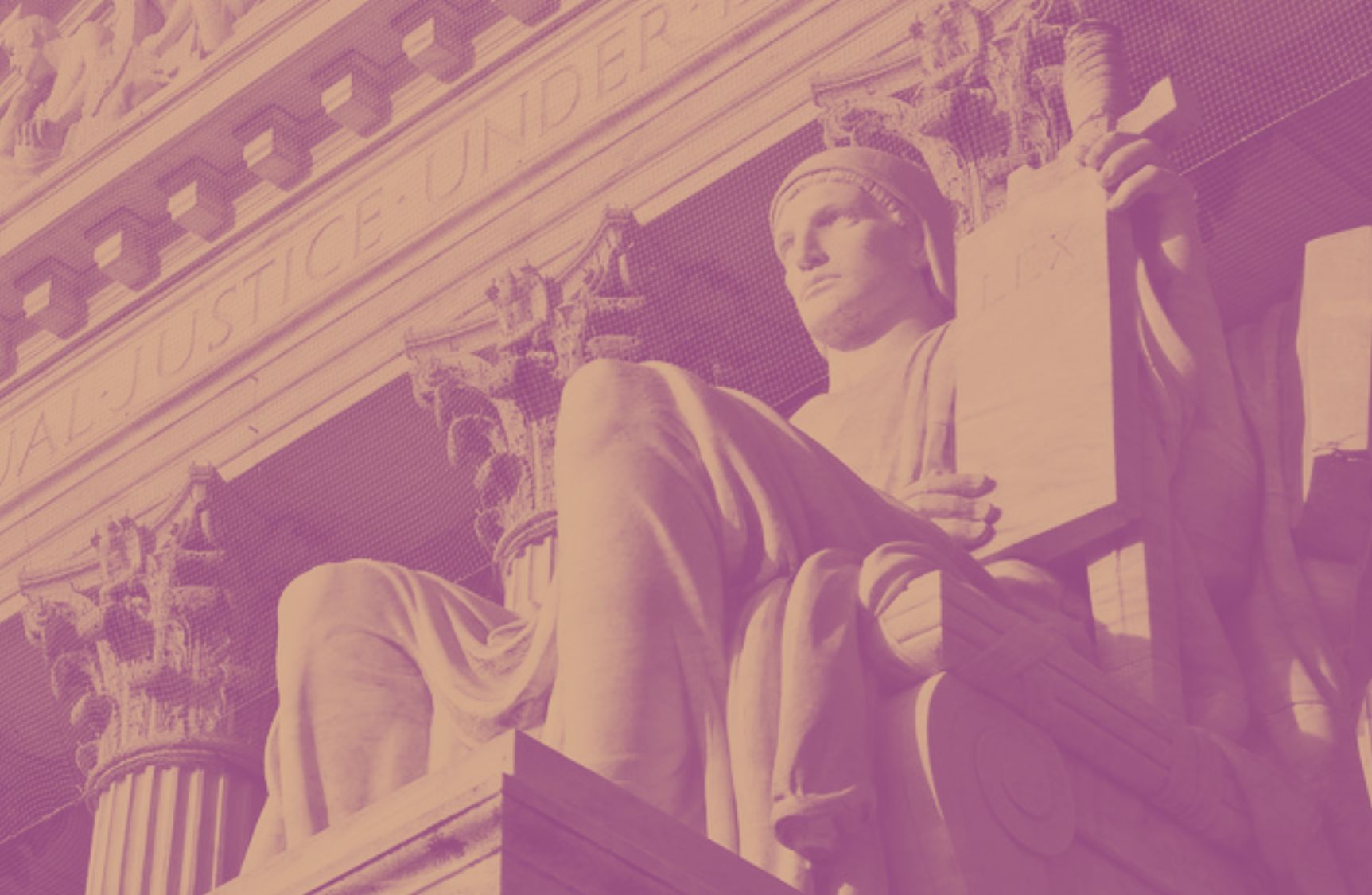
The Federal RICO Act: An Explainer
The Federal RICO Act was enacted in 1970 to combat organized crime syndicates like the Mafia, but prosecutors have used its broad provisions against a range of other actors. Concerns have recently arisen about the potential for nonprofits, donors, and activists to face criminal RICO charges. This briefer provides a short explanation of RICO and key guardrails against its overbroad use, including First Amendment protections.
Read the full brief here.
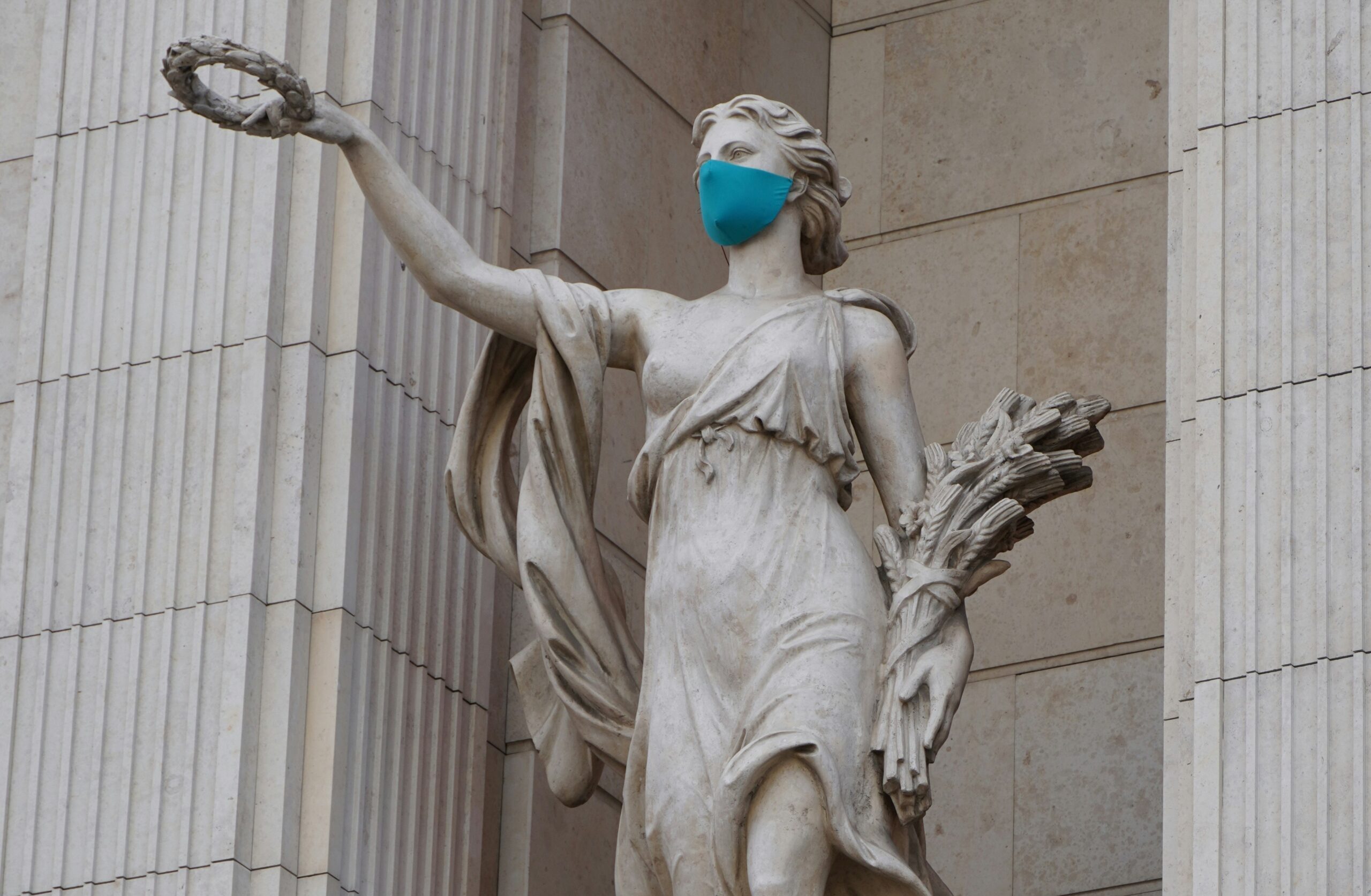
Anti-Mask Laws in the U.S.
Twenty-three states and Washington D.C. have laws restricting masks in public. Many of the laws raise First Amendment concerns, as they can punish or chill protests and other expressive activity by people who want to cover their face. This piece analyzes the types of anti-mask laws states have adopted and the First Amendment issues they pose in the context of protests. Read our Legislative Briefer.
Don’t miss ICNL’s Anti-Mask Law Database for state-by-state information.
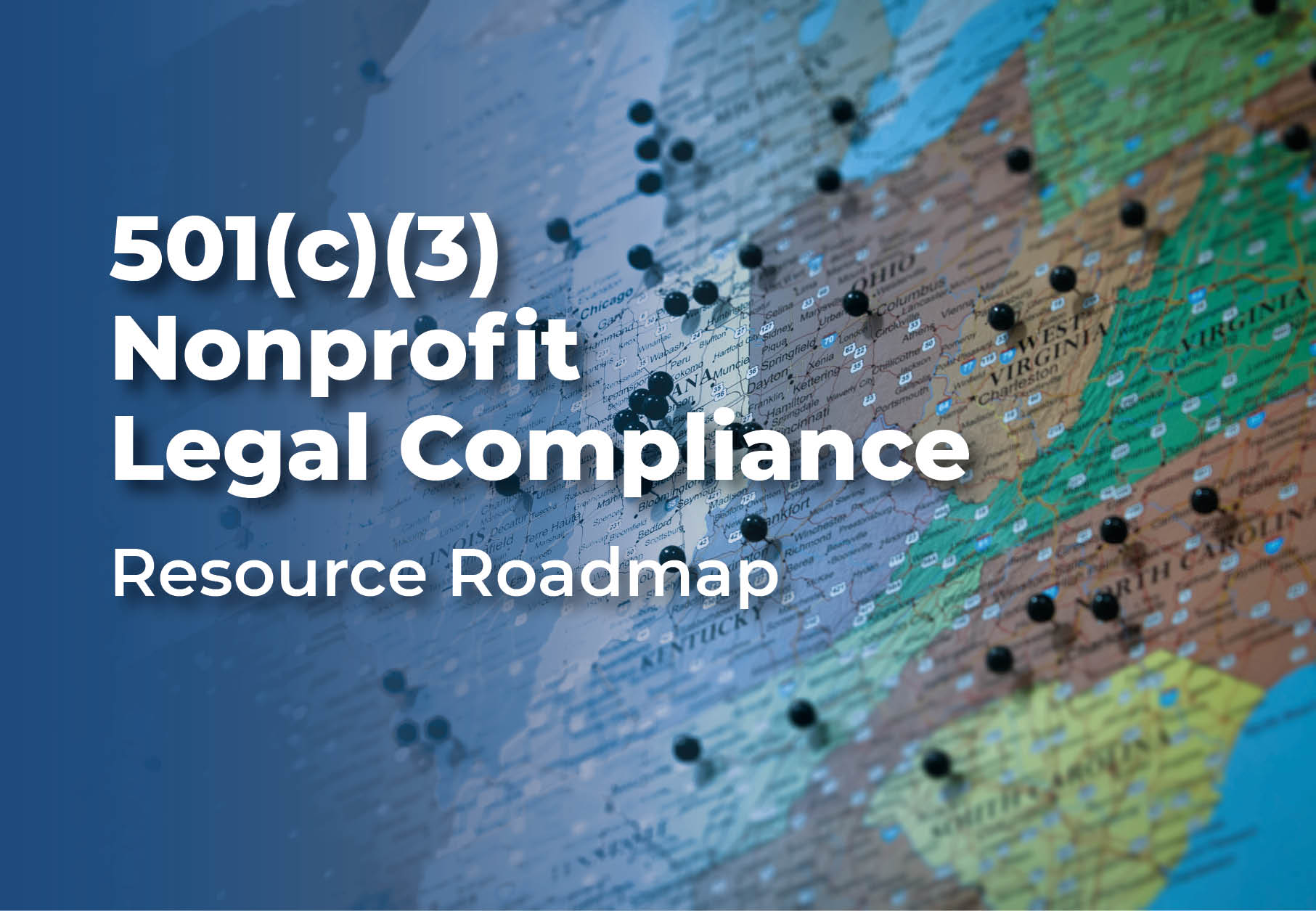
10 Key Issues in 501(c)(3) Nonprofit Legal Compliance: A Resource Roadmap for Public Charities
Nonprofits are confronting an environment of heightened legal risks. This roadmap highlights ten legal issues that government and private actors have recently cited to justify heightened scrutiny of certain organizations, and identifies tools to help strengthen organizations’ legal compliance.
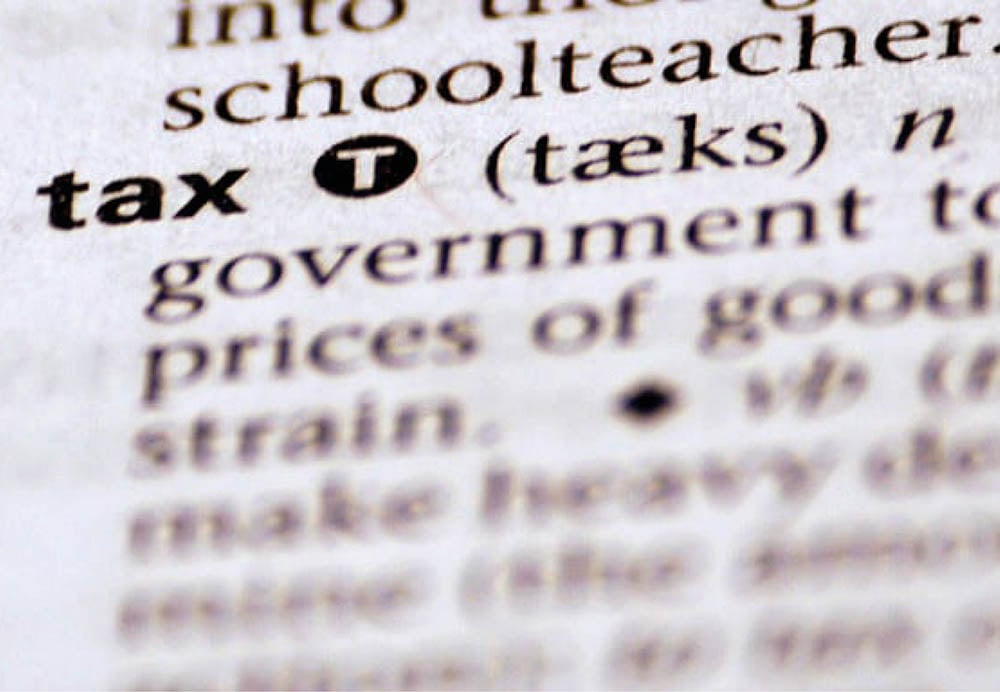
Evolving Threats to the Tax-Exempt Status of 501(c)(3) Nonprofits
The tax-exempt status of nonprofits is facing new types of scrutiny. This briefer focuses on three avenues by which 501(c)(3) nonprofits can lose their tax- exempt status: (1) illegal purpose or activities; (2) activity contrary to public policy; and (3) support for terrorism. It analyzes measures in place to prevent politicized investigations by the IRS and steps nonprofits can take to protect themselves.
Read the full brief here.
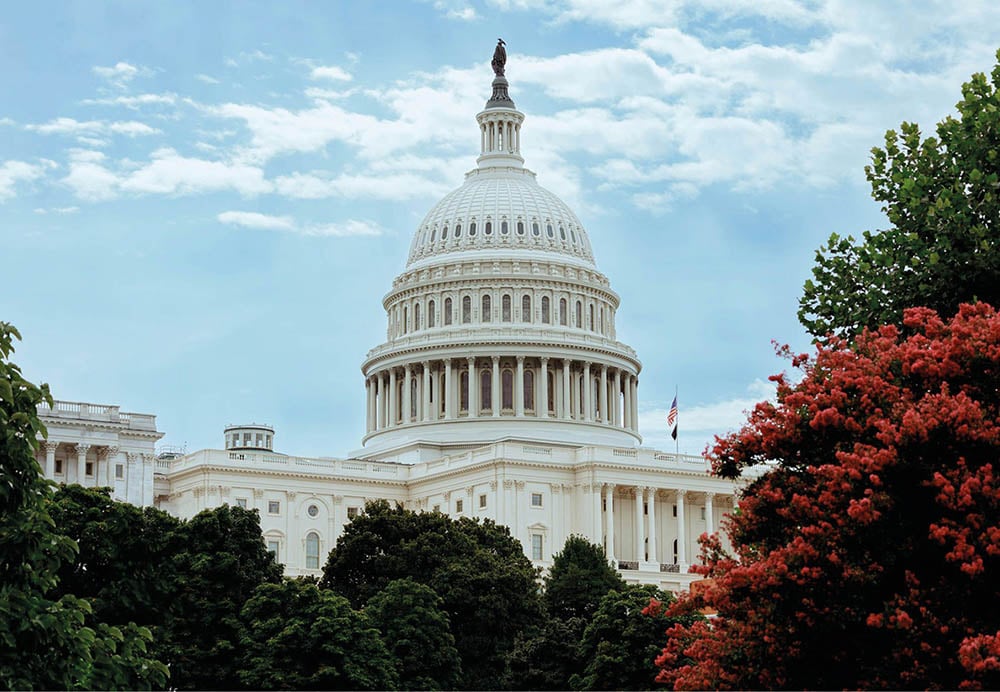
Congressional Investigations Targeting Nonprofits: Analysis
Nonprofits can use this analysis of ICNL’s Congressional Investigations Tracker to prepare for potential scrutiny and advocate against abuse of investigatory powers. The analysis highlights types of organizations that may be at higher risk of investigation and common legal bases for scrutiny, and provides an overview of investigations process with suggestions for reform. Read the Analysis
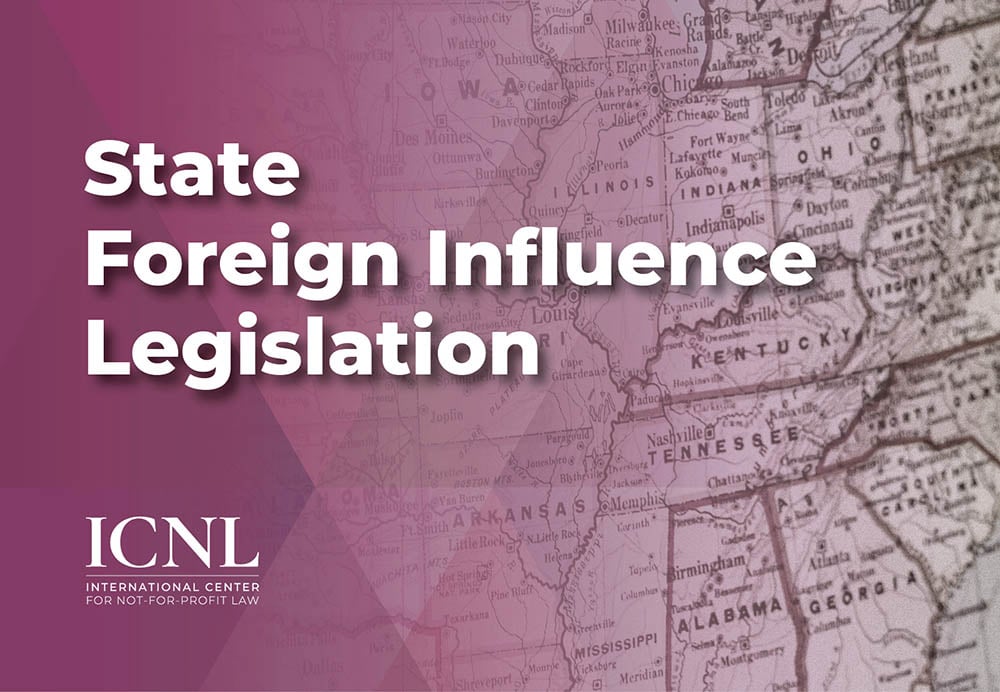
State Foreign Influence Legislation Impacting Nonprofits
States have recently enacted new types of legislation to combat perceived foreign influence, particularly from China, that can impact nonprofits. This analysis describes the effect, as well as constitutional and policy concerns, of new state foreign influence registration schemes and charitable solicitation restrictions. Read the Analysis.
Key Resources
Freedom of Assembly
The right of peaceful assembly is a cornerstone of U.S. democracy. Browse ICNL’s resources on current threats to the right of assembly in the United States, including legislative briefers, analyses, and reports.
U.S. Protest Law Tracker
Started in 2017, the tracker compiles bills – proposed, enacted, or rejected – that could restrict the right to peaceful assembly around the United States.
Foreign Agents Registration Act
The Foreign Agents Registration Act (FARA) has been used to target nonprofits, activists, and others. Learn more about the impact on civil society of its broad and vague provisions.
Congressional Investigations
The Congressional Investigations Tracker follows select investigations impacting nonprofit organizations since the 118th Congress (2023-2024).
State Domestic Terrorism Laws
State domestic terrorism laws have been weaponized to target protesters and activists. This database provides information about all state domestic terrorism laws in the United States.
Compliance & Risk Management
This page provides resources for U.S. nonprofits seeking to comply with federal and state laws as well as learn more about risk management.
For questions about the U.S. Program, please contact Nick Robinson or Elly Page.
Sign up for our newsletters
Sign up
